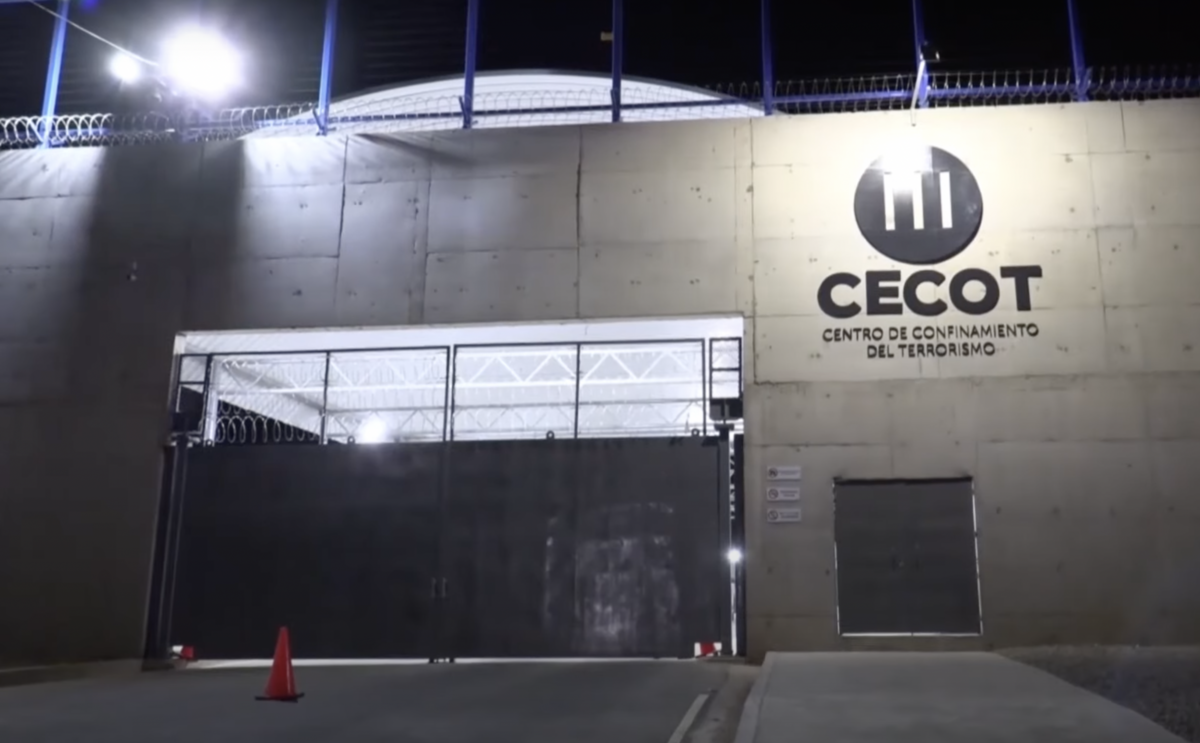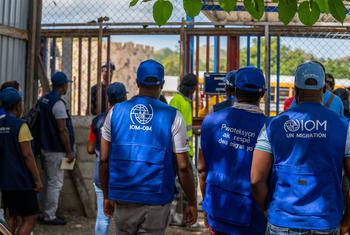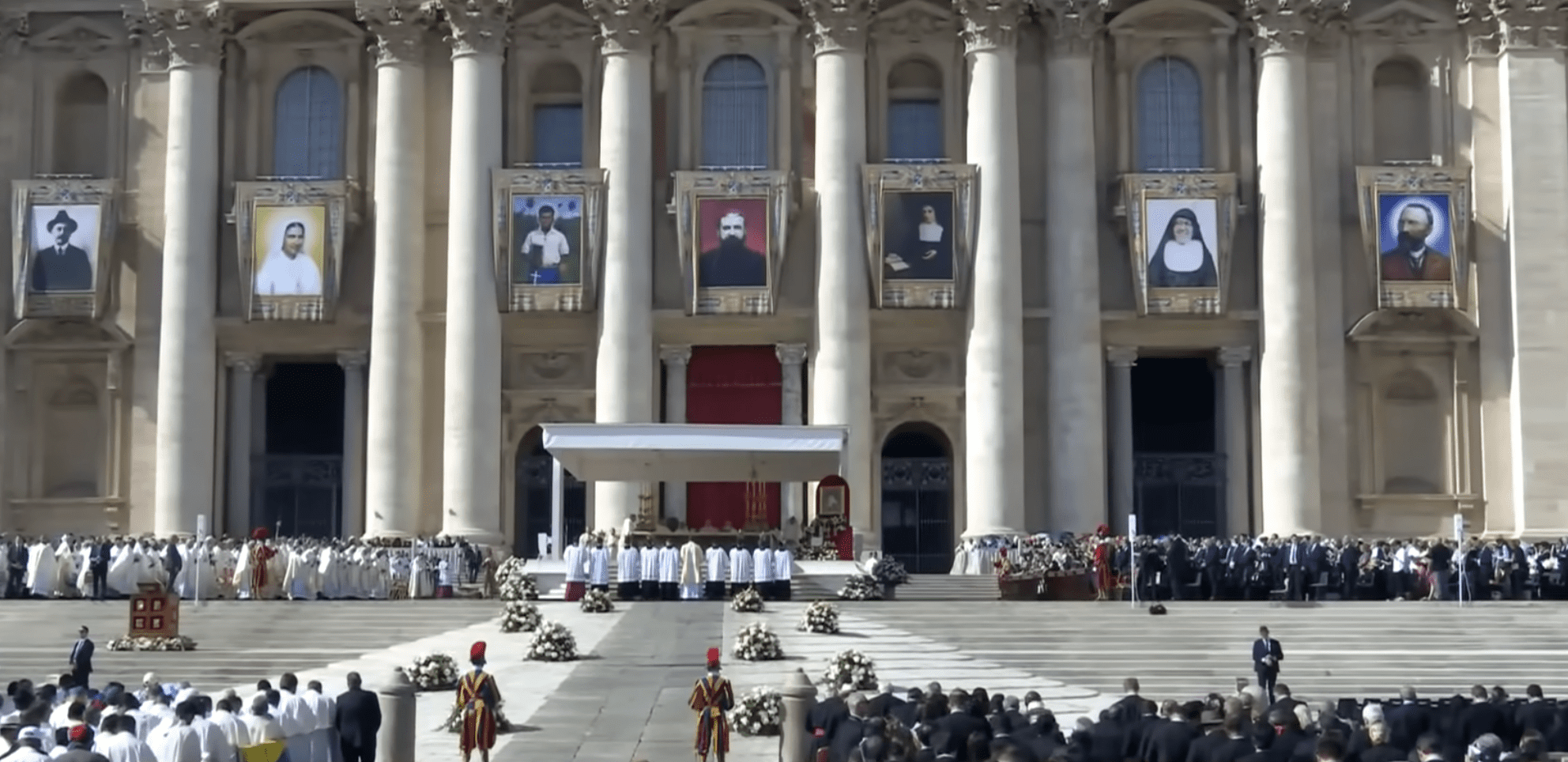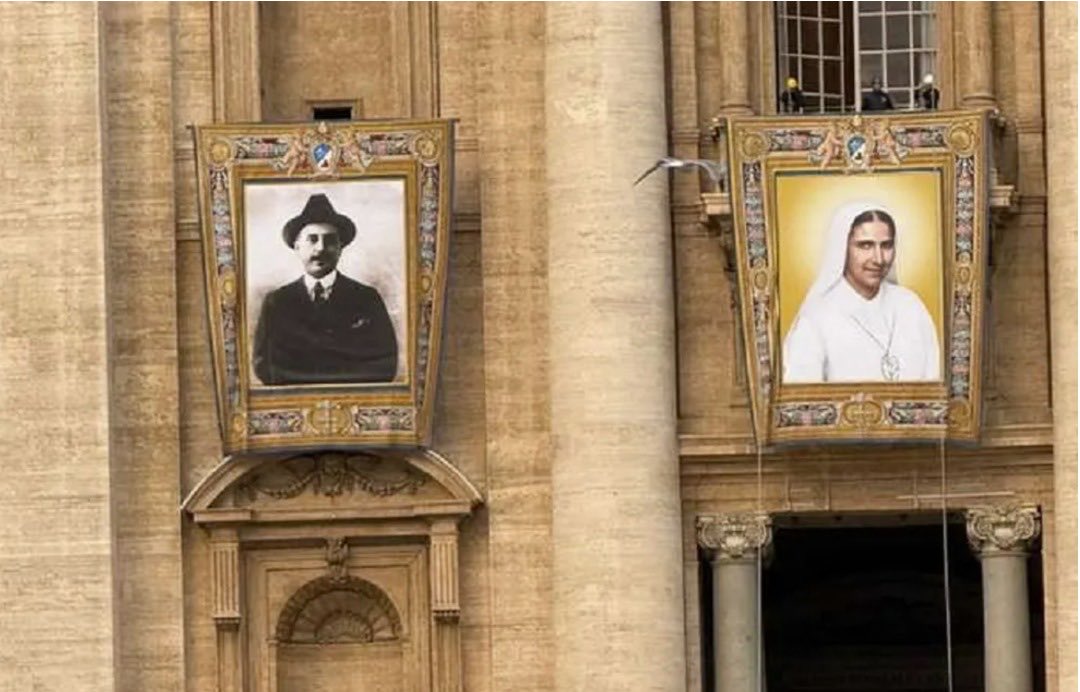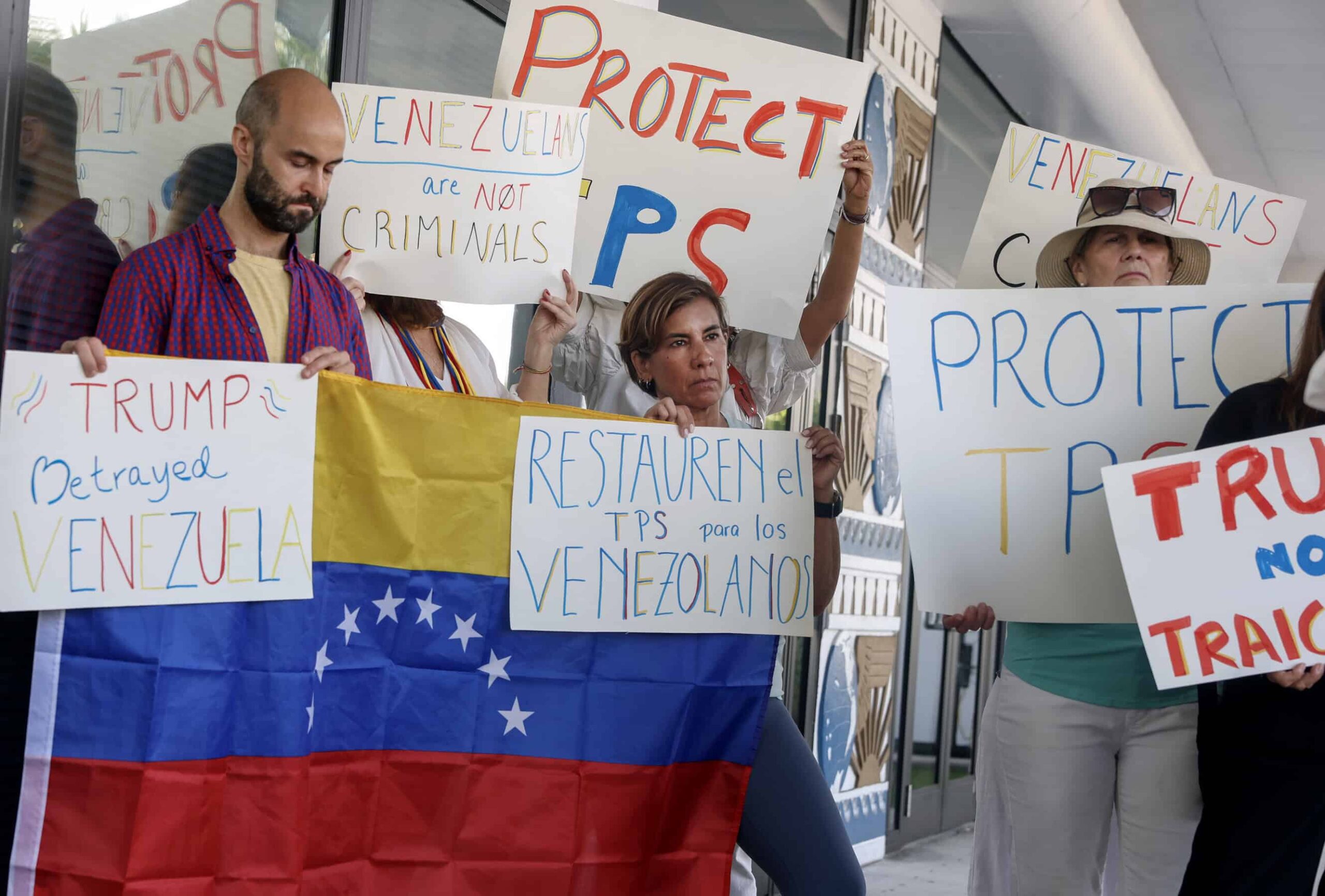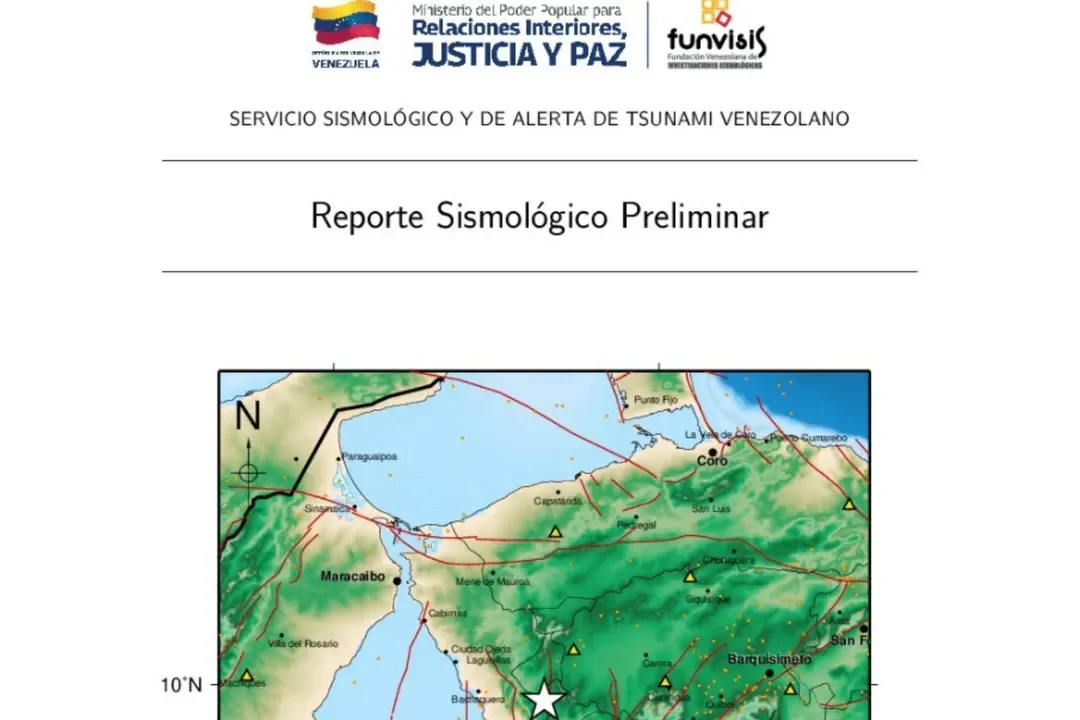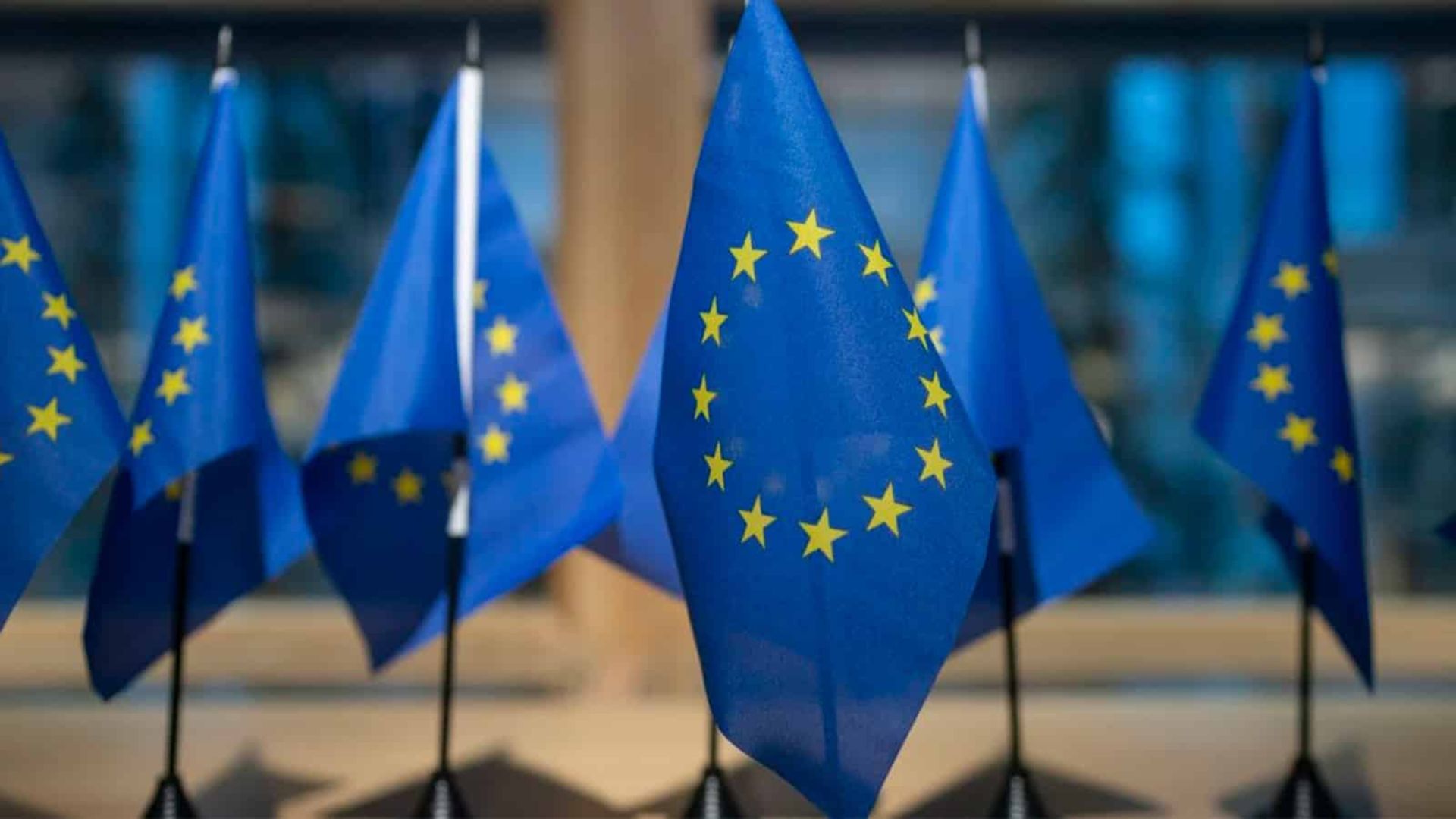Front view of the Terrorism Confinement Center (CECOT), a Salvadoran megaprison where over 200 Venezuelan migrants deported from the United States are detained. Photo: La Prensa Gráfica Noticias de El Salvador.
Guacamaya, July 9, 2025. The New York Times revealed details of a frustrated high-level negotiation between the United States, El Salvador, and Venezuela, which aimed to release approximately 250 Venezuelan migrants detained in El Salvador’s CECOT megaprison . This was proposed in exchange for the release of U.S. citizens and political prisoners held by the Nicolás Maduro government .
The initiative, pushed by the Donald Trump administration, failed due to a lack of strategic coordination in Washington and Caracas’s distrust . Consequently, two U.S. government teams, one led by Secretary of State Marco Rubio and the other by special envoy Richard Grenell, ended up at odds .
Both U.S. officials attempted to negotiate with Jorge Rodríguez, the Chavista negotiating representative and current president of Venezuela’s National Assembly . Rubio sought a direct swap of migrants for prisoners, while Grenell offered to extend Chevron’s operating license, a vital source of income for the Venezuelan economy .
The continuation of Chevron’s operations in the South American country was a more attractive offer for the Venezuelan government . However, the confusion over which official truly represented Trump ultimately frustrated the agreement . As a result, both the 250 Venezuelans deported to El Salvador and the U.S. citizens remain detained .
El Salvador’s President Nayib Bukele agreed to receive the migrants deported by the United States in exchange for six million dollars to support his penitentiary system. The Venezuelans held at the CECOT have mostly been accused, often without evidence, of belonging to the criminal gang Tren de Aragua.
In late April, Bukele publicly proposed to Maduro repatriating the Venezuelans detained in CECOT in exchange for the release of an equivalent number of political prisoners in Venezuela, including foreign citizens. Caracas immediately and publicly rejected the offer, calling the detention a “kidnapping.”
Independent investigations have indicated that most of the Venezuelans deported to El Salvador had no criminal records in the United States. Their confinement, coupled with the inability to access fundamental rights, has drawn the attention of various human rights organizations worldwide, including the UN Office, and has alarmed their families.
According to a source consulted by the New York Times, the prisoner exchange offer between Washington and Caracas remains on the table. The report highlights how geopolitical interests and a lack of coordination leave hundreds of people in limbo, and it also exposes the international community’s difficulties in addressing the Venezuelan crisis.
(With information from The New York Times)

